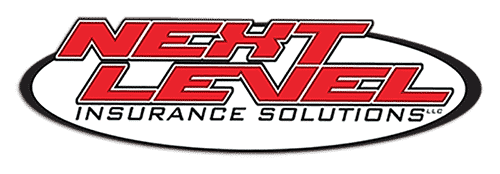Americans are carrying more debt now before, and signs of that burden are showing up in the form of debt fatigue. If your debt payments are burdening you, the only solution is to change the way you handle your debt and start climbing your way out, one step at a time.
You'll be able to come out of most financial debts by following the steps mentioned below:
1. Follow the Debt Snowball or Debt Avalanche method to repay debt:
The debt snowball method can help in paying off your credit card and other debts. Make a list of your debts, beginning from smallest to largest. This method starts paying off the smallest balance and moving to the next smallest balance until the least debts are paid off. This helps in concentrating on the larger deficits later with more dollars in to do so.
The debt avalanche method states that the debt with the highest interest rate is entirely paid off, and then the extra repayment funds go toward the next-highest interest-bearing loan. The convenience of this method is that it minimizes the amount of interest you pay and reduces the duration it takes to get out of debt.
For instance, imagine that you have the following debts:
• $9,000 debt at 15%
• $7,000 debt at 6%
• $7,500 debt at 12%
In this example, suppose your minimum monthly repayment is $600 then
If you pay back using the Snowball method, you will pay back $30,167 and will be out of debt in 51 months.
If you pay back using the Avalanche method, you will pay back $28,916 and will be out of debt in 49 months.
2. Pick up a side hustle:
Since everyone has a talent, one can utilize their talents or skill to earn extra income that can further be utilized in reducing their debts. A skill that can earn you extra dollars can vary from working as a freelancer at Upwork, Guru or Fiverr or starting a Youtube channel.
3. Avoid credit card overspending:
A credit card is best to be left at home as it accumulates more debt while shopping. Finances can go out of control when we use credit cards as they are very tempting. Credit cards encourage extra spending because of the rewards they offer or cashback with every purchase.
4. Sell everything you don't need:
Yet another source of income would be to sell all the things that you have gathered over time and don't have a use for it anymore. The extra money earned can be used to pay off your debts. One of the conventional ways to sell your unwanted belongings can be through a garage sale in your neighbourhood. Other ways of selling your items could be through a confinement shop or Facebook Yard Sale.
5. Stop investing:
Your top priority should be paying off debts, and once it is taken care of, then you may consider investing. A bad investment would only lead you more into debt.
6. Reward yourself when you reach a milestone:
Appreciate your efforts; otherwise, you will view it as a punishment making it difficult to stay motivated. A reward with a reasonable budget will help you to stay motivated. For instance, if you plan on halving your debt within the end of the month, reward yourself for your success.
No matter how much debt you're in, whether it's credit card debt, student loan debt, car loans, or something else — it's vital to know there is always a way out. Your debt may not go away instantly, but a debt-free future could be yours if you plan — and stick with it long enough. The earlier you start handling your debt, the sooner you'll have it paid off.
